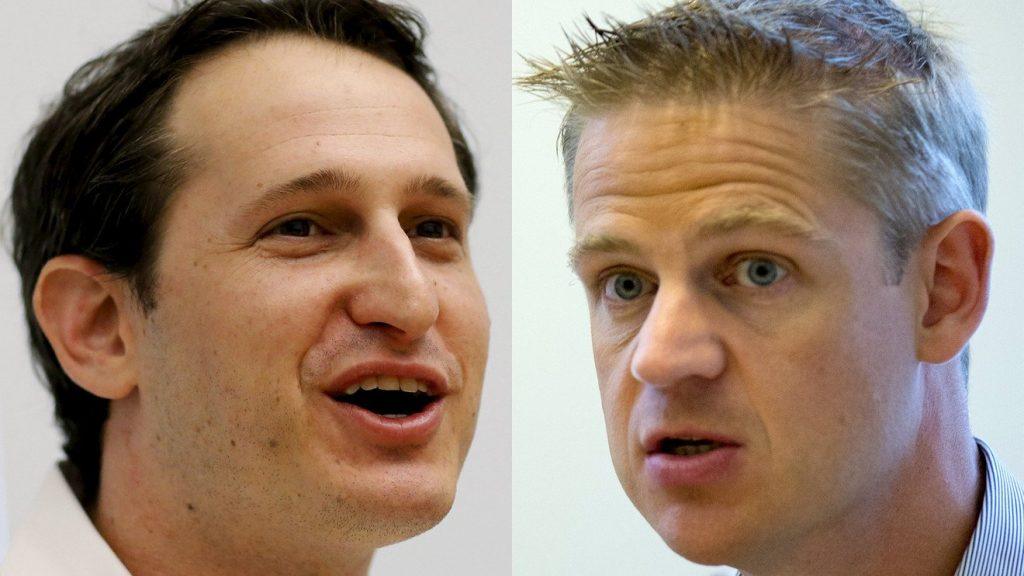DraftKings and FanDuel Uniting to Create Daily Fantasy Sports Dynasty
Posted on: November 19, 2016, 10:39h.
Last updated on: November 19, 2016, 10:47h.

The rumored DraftKings and FanDuel merger is here. The two daily fantasy sports (DFS) leaders are uniting their operations to create an online monopoly on the innovative gaming contests.
Estimated to control upwards of 90 percent of the DFS market in the United States, the unnamed unified company would need to be approved by the Federal Trade Commission (FTC). Since the merger will certainly create a market monopoly, the FTC’s review could take months.
If the merger is allowed to move forward, the new company would be co-headquartered in Boston and New York, the current respective homes of DraftKings and FanDuel.
“We have always been passionate about providing the best possible experience for our customers and this merger will help advance our goal of building a transformational global sports entertainment platform,” DraftKings CEO Jason Robins said in a press release. “Joining forces will allow us to truly realize the potential of our vision.”
Robins will become the CEO of the business, and FanDuel CEO Nigel Eccles will serve as chairman of the board.
Market Meltdown
Since both DFS companies are private organizations, it’s difficult to tell where their revenues stand and how they’re performing fiscally compared to 2015. But if the NFL is any indicator, times are tough.
Overall television viewership for NFL games is down more than 11 percent in 2016. Skeptics believe the ongoing national anthem protests by some players are pushing American audiences away.
For DFS, NFL is the golden goose. If fans aren’t watching as many as games, it’s not unreasonable to suspect that they also aren’t playing as many DFS contests.
Another concern for daily fantasy operators is the growing movement to legalize sports betting on the federal level and repeal the Professional and Amateur Sports Protection Act of 1992 (PASPA).
Five states recently joined New Jersey in appealing to the US Supreme Court to allow states to decide if sports betting is permitted in their jurisdictions. And with the exception of NFL Commissioner Roger Goodell, the leaders of the other Big Four sports, MLB, NBA, and NHL, have recently come out in support of ending sports betting prohibition.
If gambling on sports is freed from the confines of PASPA, DFS could be impacted negatively.
Fighting Same Battle
Unifying allows DraftKings and FanDuel to not only create large player pools and therefore higher purses, but to also combat their ongoing legal challenges together.
The two platforms are fresh off a contentious bitter clash with New York Attorney General Eric Schneiderman that cost them each $6 million in fines for falsely advertising to consumers in the Empire State. That price doesn’t factor in the estimated hundreds of thousands of dollars in attorney fees the companies also incurred.
Considering the rumored dislike between DraftKings’ Robins and FanDuel’s Eccles, the merger might have been more of a necessity than a desire.
“They hate each other. They absolutely hate each other,” Jeremy Levine, a former DFS entrepreneur who sold his company to DraftKings in 2014, told The Boston Globe. “There’s a lot of animosity between the companies, from the top down.”
No comments yet